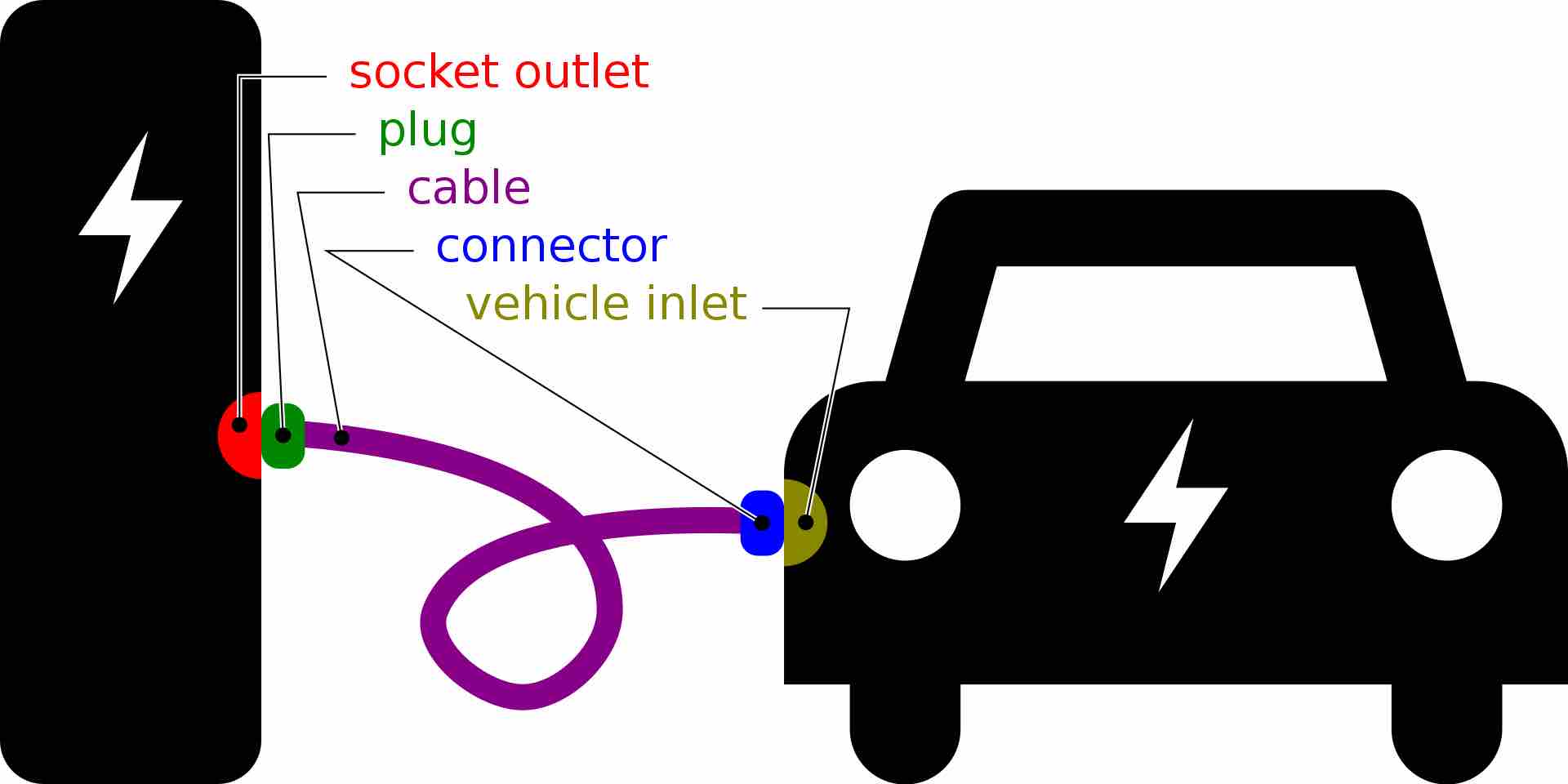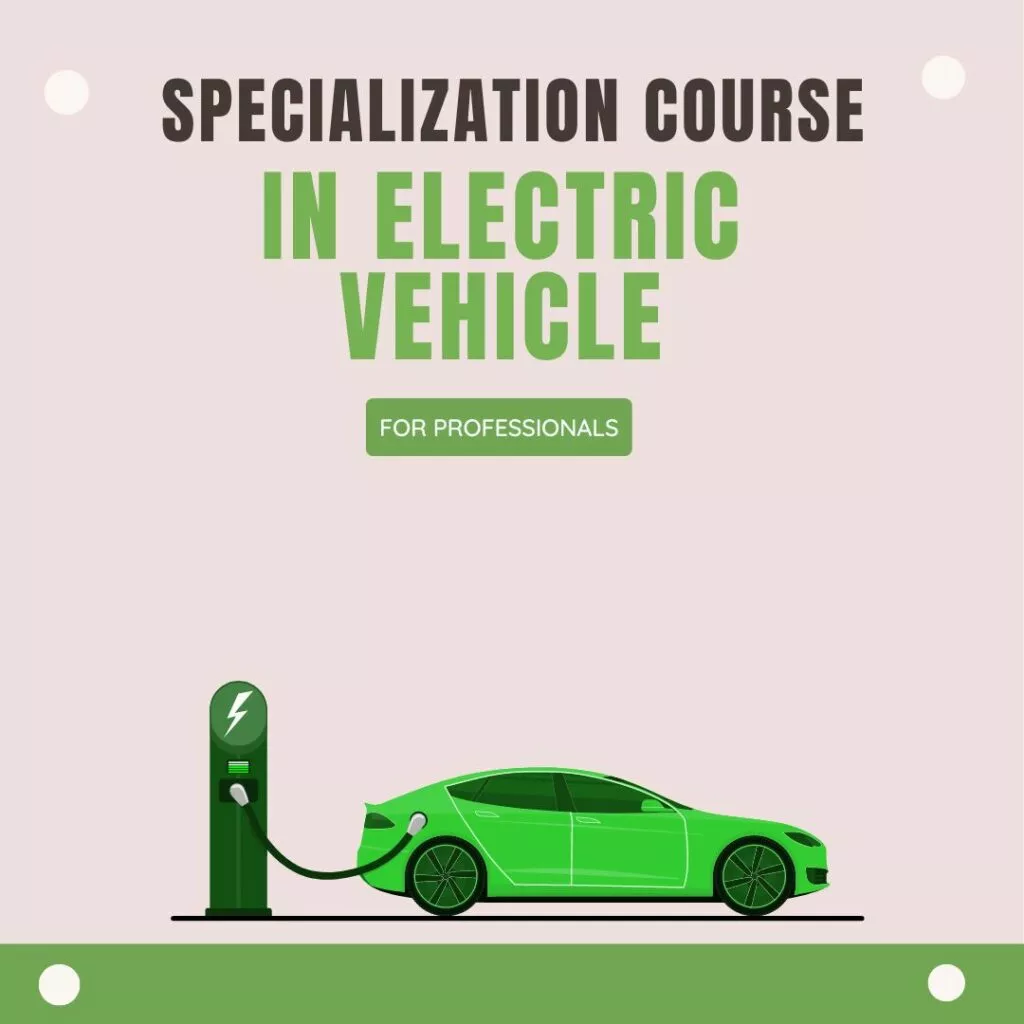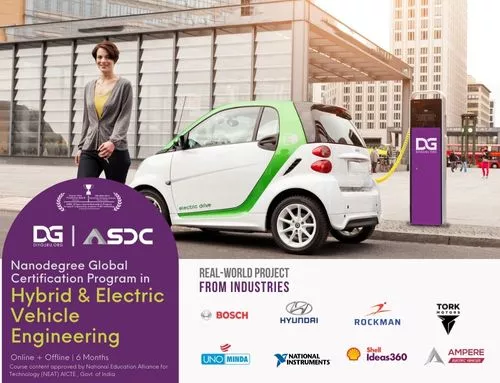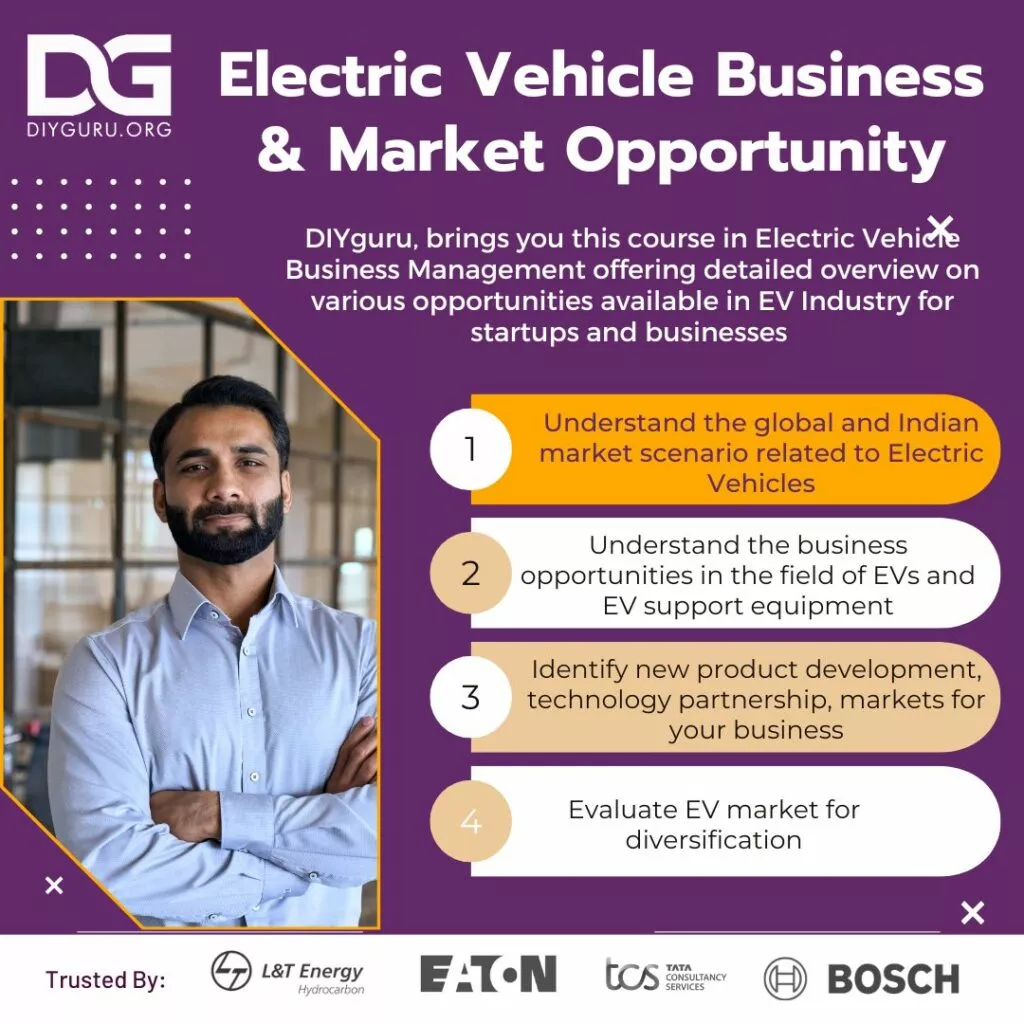Introduction:
Welcome to our blog post on on-board chargers (OBC). In today’s world, electric vehicles (EVs) are gaining popularity as a sustainable mode of transportation. As EV technology continues to advance, it’s crucial to understand the key components that make these vehicles run efficiently. In this article, we will delve into the details of OBCs, their functionality, benefits, and their role in the electric vehicle charging ecosystem.
What is an On-Board Charger (OBC)?
An on-board charger, or OBC, is an integral component of an electric vehicle that facilitates the charging of the vehicle’s battery pack. It converts the alternating current (AC) from an external power source, typically a charging station or a wall outlet, into direct current (DC) suitable for charging the vehicle’s battery.
How Does an On-Board Charger Work?
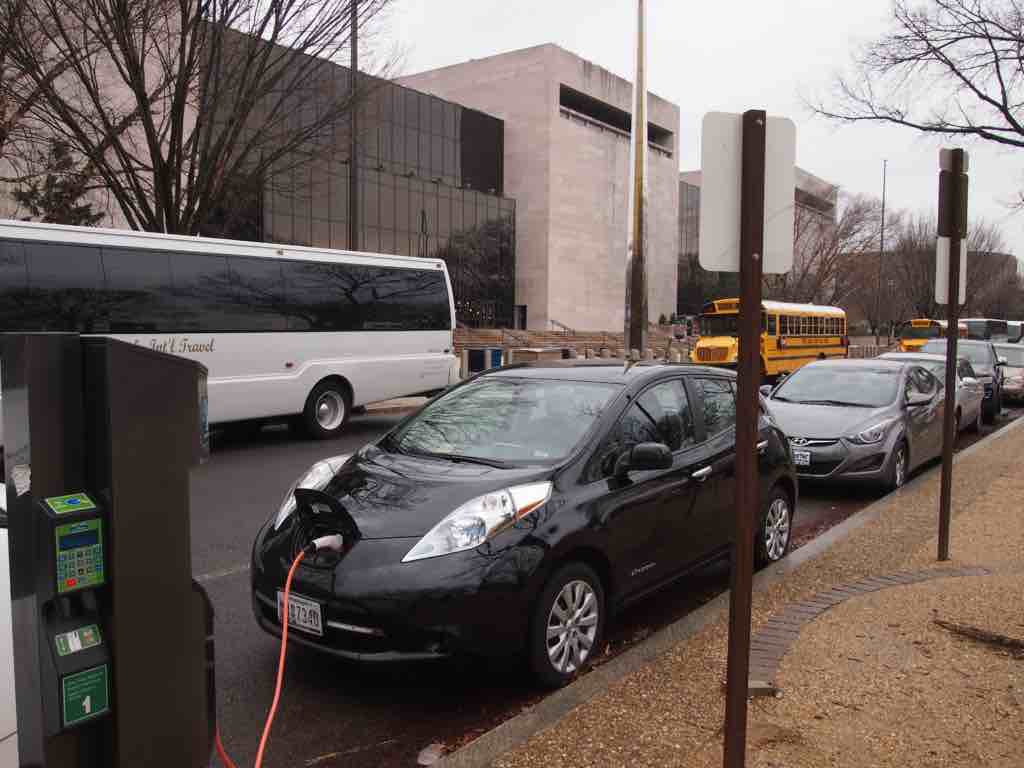
When an electric vehicle is connected to a power source, the OBC receives AC power and uses a power electronic converter to convert it into DC power. The charger manages the charging process, monitors the battery’s state of charge, and ensures optimal charging efficiency and safety.
Key Features and Components of an On-Board Charger:
An OBC typically consists of several key components, including a rectifier, an inverter, a control unit, and cooling systems. The rectifier converts the AC power into DC power, while the inverter converts the DC power back into AC power for the electric motor. The control unit manages the charging process, monitors the battery’s temperature and voltage, and protects against overcharging or overheating.
Types of On-Board Chargers:
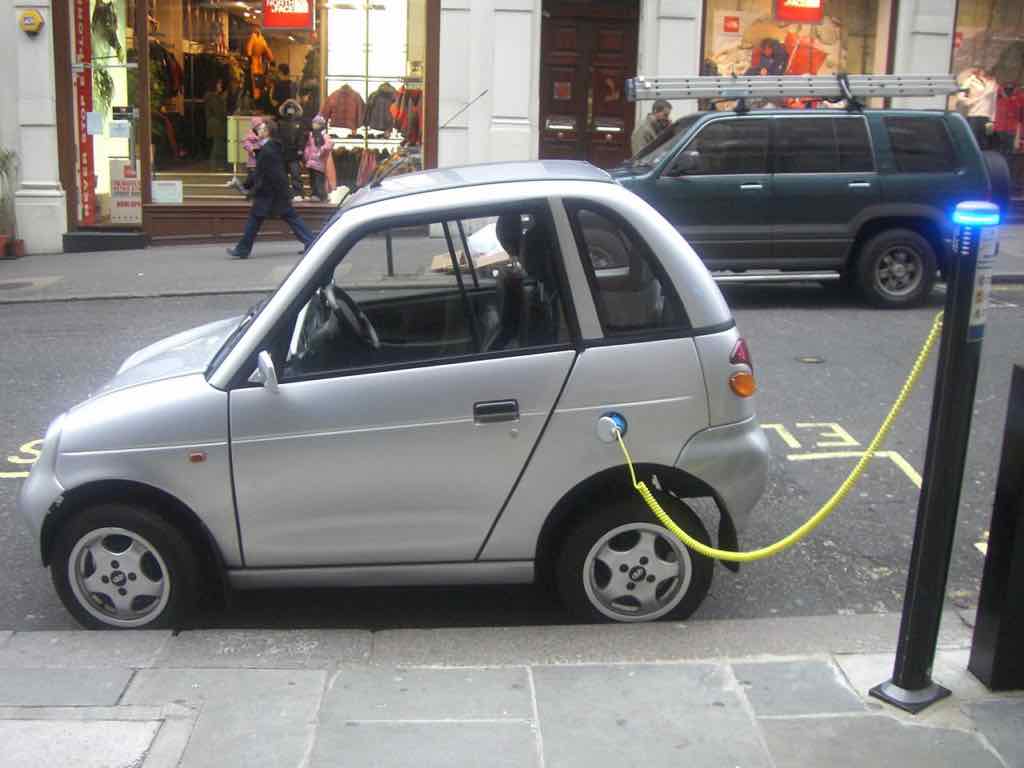
There are two main types of on-board chargers:
AC on-board chargers: AC on-board chargers are more common and can charge an electric vehicle from a standard residential or commercial power outlet.
DC on-board chargers: DC on-board chargers are designed for faster charging and are typically used in public charging stations or fast-charging networks.
Benefits of On-Board Chargers:
OBCs offer several advantages for electric vehicle owners. They provide convenience by allowing users to charge their vehicles at home or at various charging stations. OBCs also enable the use of renewable energy sources, such as solar power, for charging EVs, promoting sustainable energy usage. Additionally, OBCs help optimize charging efficiency and reduce energy losses during the charging process.
On-Board Chargers and Electric Vehicle Charging Infrastructure:
The widespread adoption of on-board chargers has led to the development of an extensive electric vehicle charging infrastructure. Public charging stations, home charging units, and fast-charging networks are being deployed globally to support the growing number of EVs on the road. OBCs play a vital role in integrating EVs with this infrastructure, enabling efficient and accessible charging options for users.
Future Trends and Innovations in On-Board Charging:
The field of OBC is continuously evolving, with ongoing research and development aimed at improving charging efficiency, reducing charging times, and enhancing user experience. Innovations such as wireless charging, bidirectional charging (vehicle-to-grid), and higher power charging technologies are being explored, promising a more seamless and sustainable future for electric vehicles.
Conclusion:
OBC is essential components of electric vehicles, enabling efficient and convenient charging. Understanding the functionality and benefits of OBC is crucial for both EV owners and enthusiasts. As the electric vehicle industry continues to grow, advancements in on-board charging technology will play a pivotal role in shaping the future of sustainable transportation. Stay informed about the latest trends and innovations in on-board charging to make the most out of your electric vehicle ownership experience.
Remember, embracing electric vehicles and their charging infrastructure is not only environmentally friendly but also keeps us ahead in the race toward a greener and more sustainable future.
FAQs:
Q1. What is an on-board charger (OBC)?
An OBC is a crucial component of an electric vehicle that converts AC power from an external source into DC power to charge the vehicle’s battery.
Q2. How does an OBC work?
When an electric vehicle is connected to a power source, the OBC converts the AC power into DC power, which is suitable for charging the vehicle’s battery. It manages the charging process and ensures optimal efficiency and safety.
- What are the key components of an OBC?
An OBC typically consists of a rectifier, an inverter, a control unit, and cooling systems. The rectifier converts AC power to DC power, the inverter converts DC power back to AC power for the electric motor, and the control unit manages the charging process. - What are the types of on-board chargers?
There are two main types of OBC: AC on-board chargers and DC on-board chargers. AC OBC is more common and can charge from a standard power outlet, while DC OBC is used for faster charging in public stations or fast-charging networks. - What are the benefits of OBCs?
OBCs offer convenience by allowing EV owners to charge their vehicles at home or at various charging stations. They also enable the use of renewable energy sources, optimize charging efficiency, and reduce energy losses during the charging process. - How do on-board chargers contribute to the electric vehicle charging infrastructure?
OBCs play a vital role in integrating electric vehicles with the charging infrastructure. They enable efficient and accessible charging options, including home charging units, public charging stations, and fast-charging networks. - Are OBCs compatible with different power outlets?
Yes, OBCs are designed to be compatible with various power outlets, including standard residential and commercial outlets. However, it’s essential to ensure that the charger’s specifications match the power supply to ensure safe and efficient charging. - Can on-board chargers charge electric vehicles using renewable energy sources?
Yes, OBCs can utilize renewable energy sources like solar power for charging electric vehicles. This promotes sustainable energy usage and reduces reliance on fossil fuels. - Are there any future trends or innovations in on-board charging?
Yes, the field of on-board charging is continuously evolving. Future trends include wireless charging, bidirectional charging (vehicle-to-grid), and higher power charging technologies, all aimed at improving efficiency, reducing charging times, and enhancing the user experience. - Why should I embrace on-board chargers and electric vehicles?
Embracing on-board chargers and electric vehicles contributes to a greener and more sustainable future. It helps reduce greenhouse gas emissions, dependence on fossil fuels, and promotes the use of renewable energy sources, leading to cleaner air and a healthier environment.


